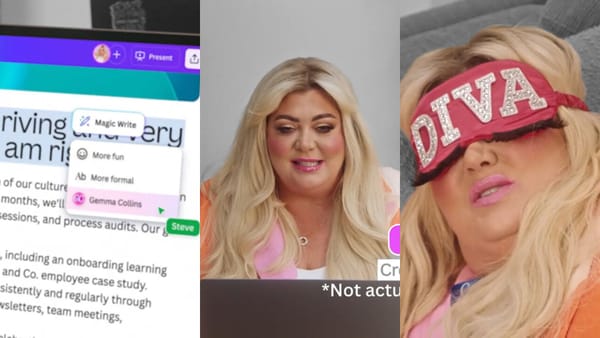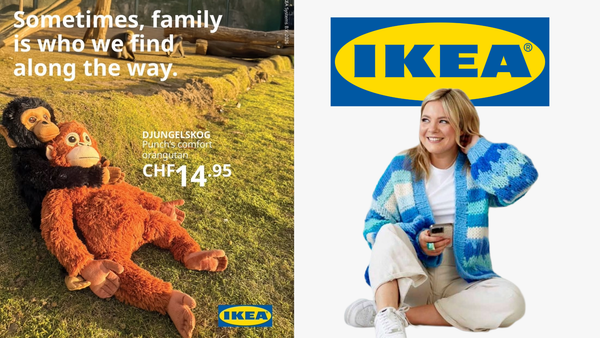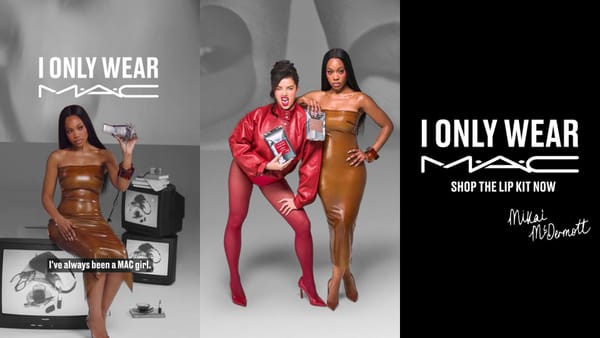The term ‘influencer’ is perhaps the most common term used to describe these individuals, but with this term comes a stigma. Many influencers did not initially set out to ‘influence’ people when they created their platform, they simply aimed to share the things they enjoy with their audiences. But with influence, comes responsibility.
An increasing number of influencers are dissociating with the term, adopting titles such as a content creator or small business owner instead. Talking Influence chatted with Julianne Fraser, CEO and President of digital brand marketing consultancy company, Dialogue New York, to learn more about how ‘influencer’ has become a dirty word.
Julianne believes that influencers’ disassociation with the term started when talent agents realised there was money to be made by representing influencers. With profit now wedged between brand and creative, the approach and motivation instantly changed.
Influencers, seeing the opportunity to make serious money from collaborations, began to accept partnerships that were disingenuous, signing deals with brands they’ve never even tried. Brands scrambled to keep up, allocating larger and larger budgets towards campaigns, without due diligence or developing creative campaigns that resonate. Et voila, there you have it, ‘influencer’ is now a dirty word.
Why does the term ‘influencer’ have a stigma against it?
The surge of #ad influencer partnerships has exploded in recent years, leading to consumer distrust and fatigue. Julianne says, “As with all advertising, there are some excellent campaigns and others that are cringe-worthy.”
The stigma around ‘influencer’ has evolved out of poor marketing strategy and disingenuous partnerships, which is unfortunate considering that thoughtful and creative partnerships can be uplifting and inspiring. Julianne believes that it is the job of the marketer to shift the narrative and eliminate the stigma around the industry.
Is there a difference between influencers and content creators?
Dialogue defines all collaborators as influencers. Some may say that there is a great difference, whereas others are happy to use either term. Within her work, Julianne differentiates clients as follows:
Content creators: Creative directors and photographers who are skilled at producing content.
Tastemakers: Individuals who hold on and offline clout and credibility.
Experts: Leaders in their field who bring skilled knowledge and credibility to a collaboration.
How can we end the influencer stigma?
As Julianne suggested, perhaps the change should start with marketers. Marketers can ensure that collaborations are authentic, meaningful and bring value to consumers. To do this successfully, the marketer will need to consider careful influencer curation, creative campaign messaging and a mindful approach (choosing the right platforms, shared at the right time, targeting the right audiences). Julianne says, “With marketers leading the way with stronger strategy, the industry will shift for the better.”
Empowering the influencer community to develop their own personal brands, align with partners strategically, and agree to campaigns that will elevate and strengthen their positioning will allow those from outside of the influencer marketing industry, or those who are sat curiously on the sidelines, to reconsider the professionalism of the influencer. Wearing the influencer label with pride in time will be a positive tool in ending negative stigma.









